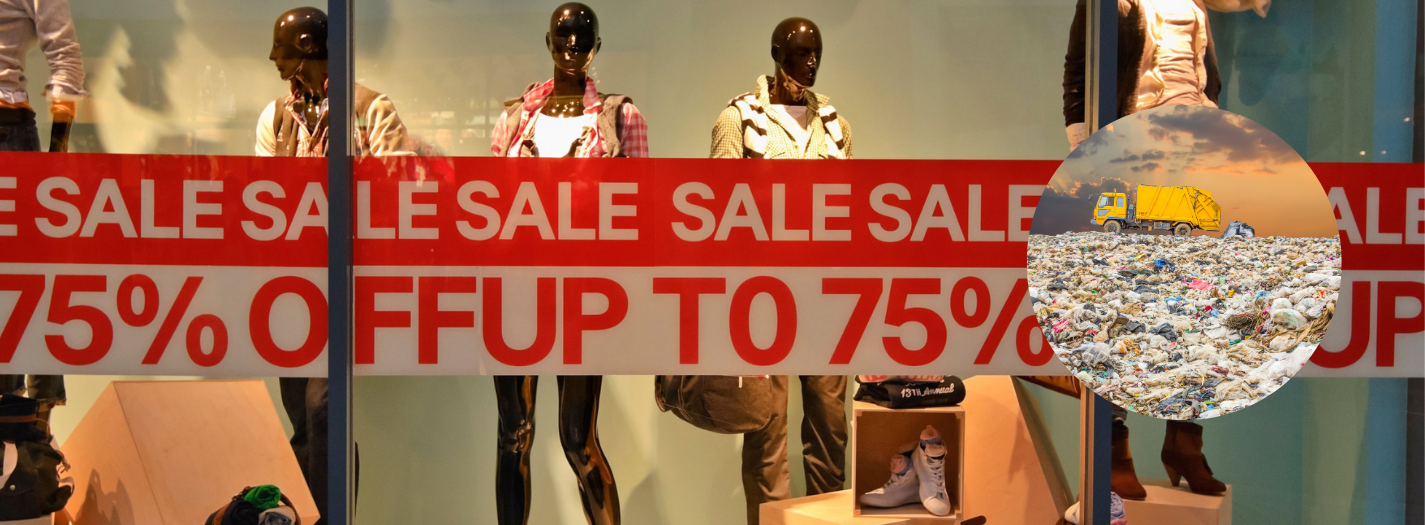In his seminal book, 'Regeneration', global thought leader, Paul Hawkens suggests that "every Industry is a system and every industrial system is extractive, whether it be energy, food, agriculture, pharma, health care or clothing."
The making of things that we use, whether these are needs or desires, is innately degenerative. The things we manufacture are responsible for 12 gigatons of emissions, which equates to 20% of all green house gas emissions.
carbon stock but also a destruction of its rich biodiversity.
The apparel and footwear industry are responsible for 8% of global greenhouse gas emissions. Fashion is a $2.5 trillion industry making it the third largest manufacturing industry in the world, behind automobiles and technology. 100 billion garments are manufactured every year. 85% of these get thrown away in the same year. In the US alone 35 billion pounds of unused clothes end up in landfills. The facts get darker as we realise that 1 in 6 people on the planet work in the fashion industry and yet less than 2% of them earn a living wage.
On this deeply insightful live, interactive, virtual session we trace the journey of fashion waste from the Global North to countries in the Global South. We travel from London to Kenya to visit the second hand largest market place which receives 15 million used clothes every week. We meet with market sellers and how this impacts them. We follow the journey of excess clothes wasted from here to one of Kenya's largest landfills. We see how the burning of these wasted garments emits smoke and chemicals that cause health hazards for the 200,000 people who live in slums next to the landfill.
Finally, we take a journey to Amsterdam or India, to meet with environmental leaders, entrepreneurs and NGOs who are imagining new and innovative ways to use wasted clothes and introducing a circular economy.

 Globe From Home Team
Globe From Home Team
Write a public review